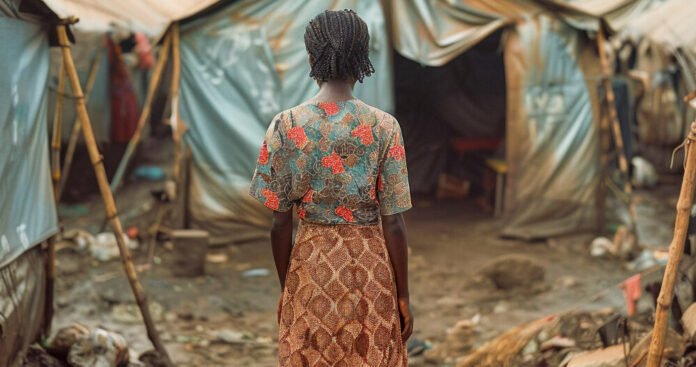The recent abduction of an Austrian woman in Niger by unidentified assailants has cast a spotlight on the growing instability and security challenges facing the West African nation. This distressing event highlights the pervasive threats posed by extremist groups and organized criminal networks in the region, escalating international concern for the safety of foreigners and the stability of Niger.
Abductions in Niger are far from isolated incidents. This landlocked country has long been plagued by security challenges, owing to its geographical location bordered by several volatile regions, including Libya, Mali, and Nigeria—each grappling with its own internal conflicts and extremist activities. These factors have rendered Niger vulnerable to cross-border intrusions and increased activity by terrorist organizations like Boko Haram, Al-Qaeda in the Islamic Maghreb (AQIM), and Islamic State affiliates, who exploit the territories’ vast, ungoverned spaces.
Historically, Niger has struggled under the weight of socio-political and economic challenges, with governance issues further complicating its capacity to address security threats effectively. Poverty, corruption, and underdevelopment exacerbate the situation, limiting governmental resources and making the country dependent on international aid for counter-terrorism and development initiatives.
The international ramifications of such security incidents cannot be overstated. Foreign governments, particularly those of Western nations, must now reassess their engagement strategies in Niger and similar regions, balancing humanitarian aid and support with security concerns. Global bodies, including the United Nations and the European Union, which have previously invested in regional stabilization programs, may need to recalibrate their approaches to address the underlying socio-political conditions fostering instability.
For Niger, enhancing its security framework is imperative. This includes strengthening military capabilities, improving intelligence operations, and nurturing regional cooperation to combat transnational threats. However, sustainable stability requires a more holistic approach, incorporating socio-economic development, infrastructure improvements, job creation, and educational opportunities to tackle the root causes of extremism and criminal activities.
Embed from Getty ImagesAs international agencies deliberate on their support mechanisms, the focus on civilian safety, especially for foreign nationals working in development and humanitarian sectors, remains paramount. These organizations play crucial roles in fostering economic progress and stability, and their priorities must align with enhancing operational security and engagement effectiveness within such precarious environments.
Perspectives
Perspective 1: From an international security perspective, the abduction in Niger represents a broader trend of rising extremist activities in the Sahel region. Reports from the International Crisis Group highlight the complexity of implementing counter-terrorism strategies amid fractured state apparatuses. The BBC’s regional analysis also underscores the necessity for larger international coalitions to provide strategic support and resources to battle these growing insurgencies effectively.
Sources:
International Crisis Group
BBC
Perspective 2: From a humanitarian angle, the continuation of such abductions raises serious ethical and operational questions for NGOs. Human Rights Watch emphasizes the danger to aid workers and the need for new safety protocols. Organizations like Amnesty International also argue for comprehensive responses that integrate respect for human rights with strategic security operations.
Sources:
Human Rights Watch
Amnesty International
Perspective 3: From Niger’s domestic policy standpoint, leaders face immense pressure to revitalize security efforts and boost international confidence. The Economist discusses potential policy shifts necessary to enhance governmental capability and transparency. Al Jazeera examines local public sentiments, pushing for stronger government action against corruption and economic stagnation to reclaim stability.
Sources:
The Economist
Al Jazeera
